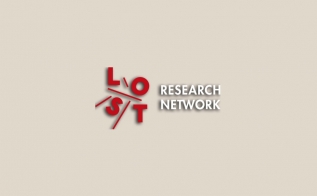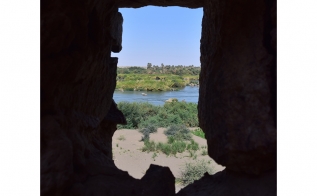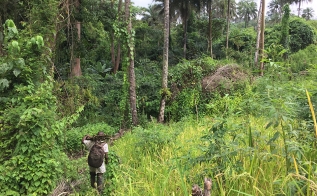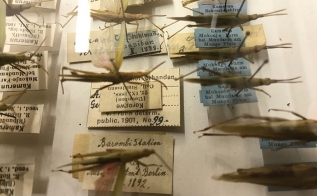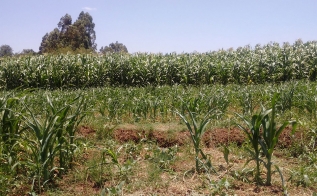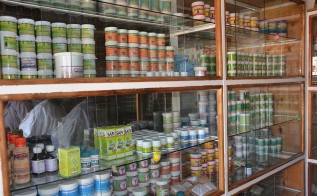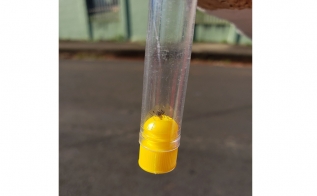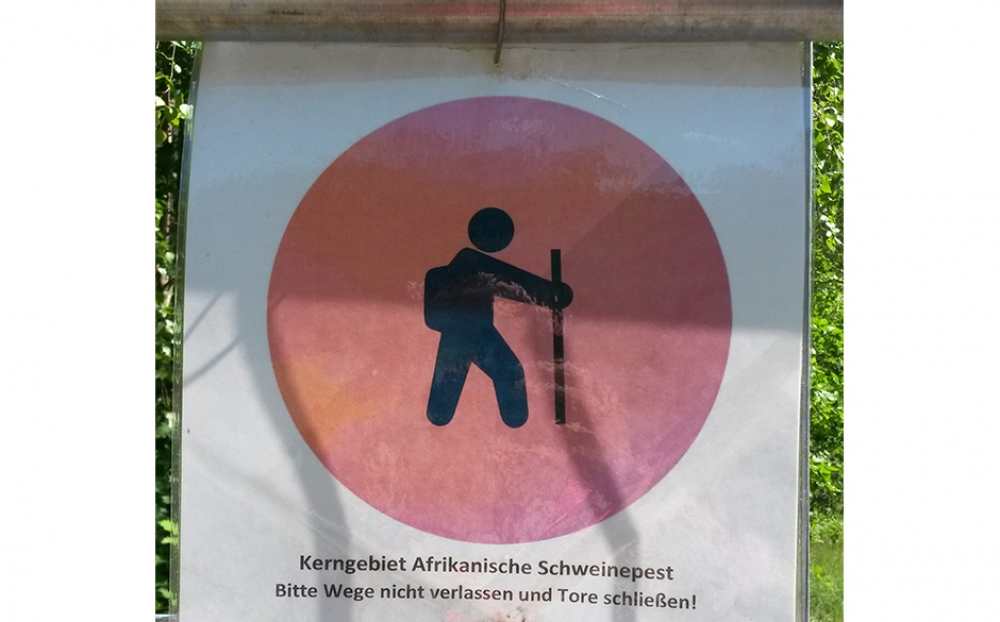
Description
Laura’s PhD project evolves around the African Swine Fever pandemic in Brandenburg (North-Eastern Germany). On September 10, 2020, the first African Swine Fever (ASF) infected wild boar was confirmed in Germany (Brandenburg). The ASF virus infects wild boars and domestic pigs and causes a viral haemorrhagic fever. In response to the outbreak a range of biosafety measures have been established, such as the establishment of risk zones. These measures take the form of scientifically informed protocols and authoritative directives that need to be put into practice by local authorities, inhabitants, farmers and hunters. Most measurements aim at (re)gaining control over the (wild, invisible) virus by cutting off possible relations the virus might establish.
In this project Laura asks how the ASF outbreak is experienced by various actors who are affected by the outbreak of the virus or by the biosafety measures that it activated. How is the virus encountered? How is it made visible? Which logics inform the biosafety measures and how do they materialize? How are these measures contested when put into practice by local actors? How are human-wild boar relations changing? Whom and what does the ASF activate, which discourses does it fuel/make visible?
Laura pays particular attention to hunters, as they perceive themselves as the actors responsible for managing healthy wild boar populations. How do they know wild boars? What does caring for wild boars (in the context of the ASF pandemic) mean to them? How does the virus impact hunting practices and debates? The knowledge and expertise of hunters is required to fight the spread of the virus, but it is also contested, and sometimes at odds with the administrative measurements that the veterinary and hunting authorities implement.


